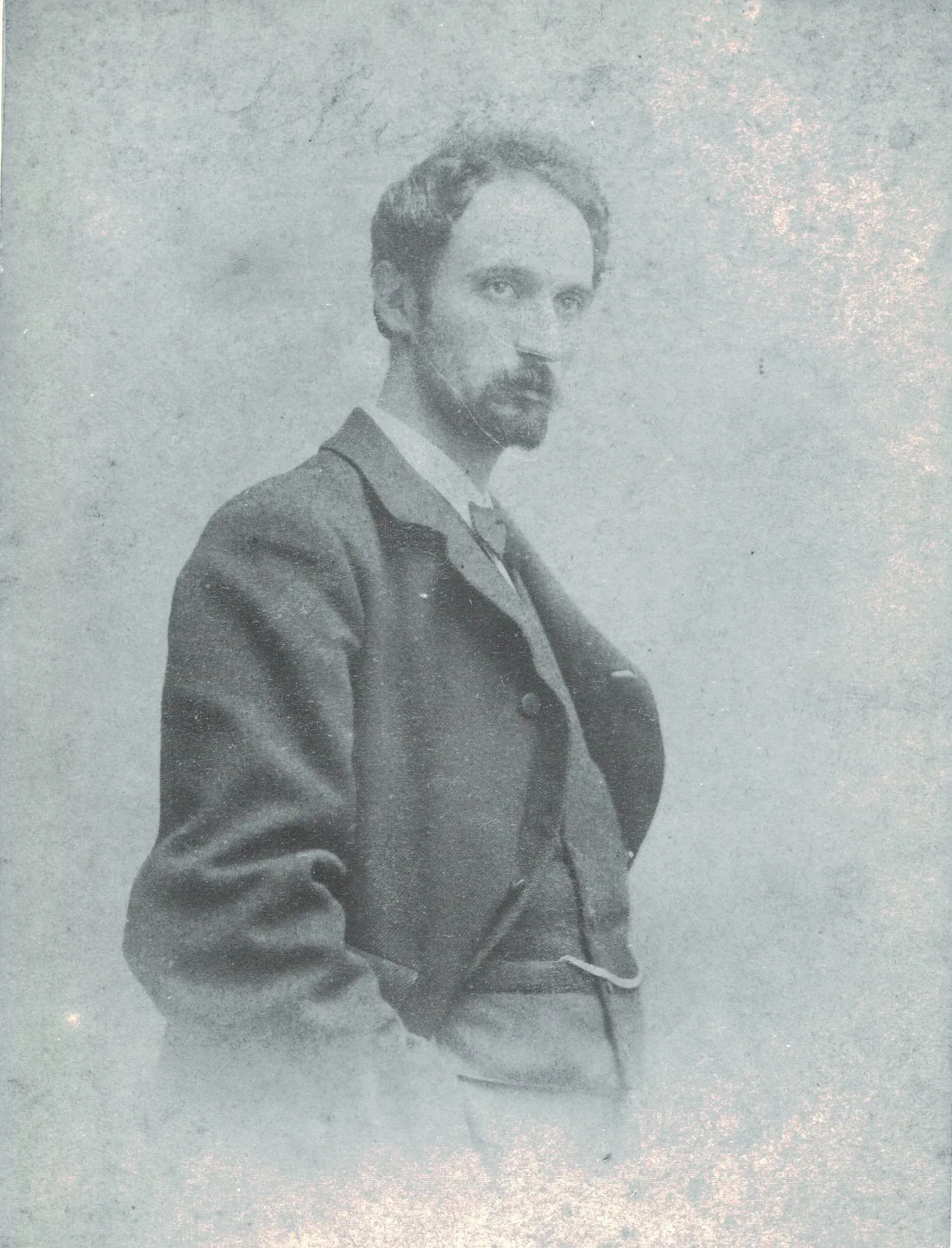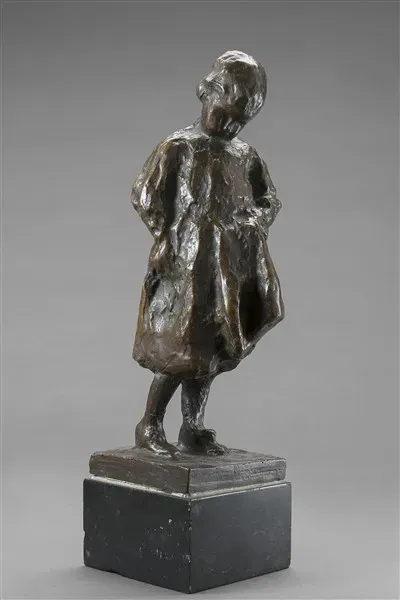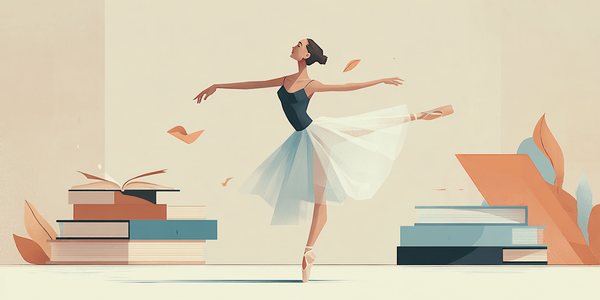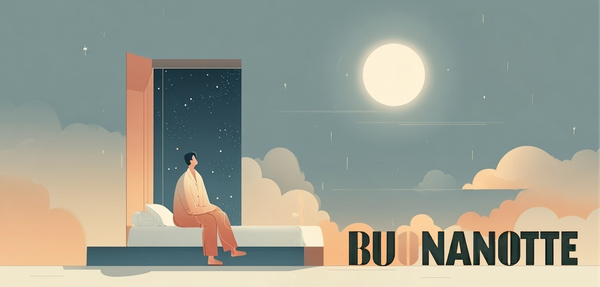Broncio
NOUN [masculine]
Meaning and English translation 🔖
Pout, Sulky Expression
🇬🇧 An expression of annoyance or sulkiness visible on the face.
🇮🇹 Espressione di dispetto o malumore visibile sul volto.
| Masculine ♂️ | Feminine ♀️ | |
|---|---|---|
| Singular | il - un broncio | - |
| Plural | i - dei bronci | - |
Example sentences 💬
Perché hai il broncio?
Why are you pouting?
Tenere il broncio per giorni non risolverà la situazione.
Sulking for days won’t solve the issue.
Dopo la sconfitta, c’erano solo bronci nello spogliatoio.
After the defeat, there were only sulky faces in the locker room.
This article is brought to you by Giulia School, where you can learn Italian the natural way—with real conversations and passionate teachers guiding you every step of the journey. It’s the closest thing to immersion you can get without living in Italy. Click here to learn more.
Idioms with broncio 🇮🇹
Avere il broncio
→ To pout
Ogni volta che non ottiene quello che vuole, ha subito il broncio.
Every time he doesn't get what he wants, he immediately pouts.
Fare il broncio
→ To pout
Non fare il broncio, parleremo più tardi.
Don't pout, we'll talk later.
Mettere il broncio
→ To put on a sulky expression
Appena ha saputo la notizia, ha messo il broncio.
As soon as she heard the news, she put on a sulky expression.
Tenere il broncio
→ To hold a sulky expression
Marco tiene il broncio da due giorni perché non l’ho portato a vedere la partita.
Marco has been sulking for two days because I didn’t take him to see the game.
Where does the word broncio come from? 🔎
Broncio possibly derives from the late Latin brunchus, meaning "snout" or "face."
Did you know that... 🤓
Impress your italian friends with curious facts about Italy and its culture
A bronze pout

The famous Italian sculptor Eugenio Pellini created Il Broncio in 1883 as one of his early works. Born in Marchirolo (Como) in 1864, Pellini was a member of the Scapigliatura (the artistic-literary movement similar to the French bohème) and became known for his ability to capture human expressions and introspective moments in his sculptures.

Il Broncio was created in 1883 and is an artistic representation of sadness. This work helped establish Pellini as one of the leading sculptors of his time, with a keen eye for emotional details and a deep understanding of the human condition.





